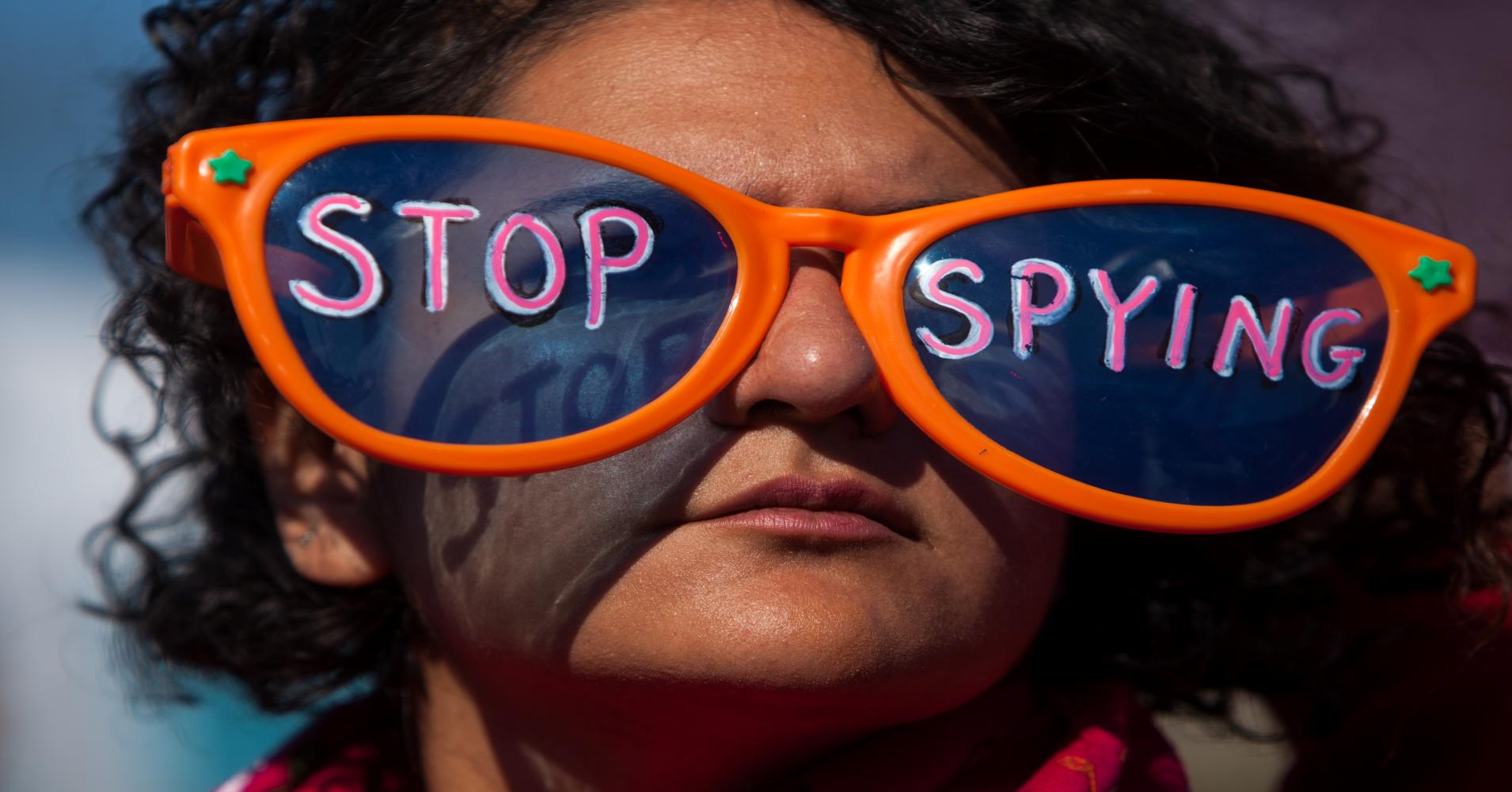(Ottawa – February 27, 2018) The International Civil Liberties Group welcomes today’s announcement of federal funding for redress system to address false positives in Canada’s Passenger Protect Program, better known as the No Fly List.
“For far too long, the Canadian government has avoided taking action to resolve the cases of individuals being wrongly flagged as being on the No Fly List,” says Tim McSorley, ICLMG national coordinator. “With today’s promise of funding, we hope that we will see a swift solution put in place to protect travellers from undue delays, interrogations and other indignities when flying to and from Canada.”
The government is promising $81.4 million in funding over 5 years to develop a “centralized screening model and establish a redress mechanism.”
Over the past decade, the problem of false positives has led to hundreds of documented cases of individuals mistakenly identified as being on the No Fly List, revealed thanks in part to the relentless work of the collective #NoFlyListKids. This includes not just adults, but children as young as only a few months old.
The impacts these individuals have faced are not negligible, including significant delays, unforeseen costs when flights and connections were missed as a result, intensive secondary questioning by airport security, impacts on work because of difficulties travelling, problems returning to Canada, and worries even of arrest by authorities because they are viewed as possible threats.
Advocates, including the ICLMG, have long called for a centralized redress system to address these false positives. The federal budget opens the door to that becoming a reality and the issue of false positives finally being resolved.
However, a redress system is just one piece of the puzzle in fixing Canada’s No Fly List program. The issues facing individuals who have been wrongly flagged as being on the No Fly List serves to highlight even deeper concerns with the regime. These include:
- The secretive nature of the list: Individuals are not able to find out if they are listed unless they have been denied travel;
- Problems of due process: If an individual appeals their listing, they are not guaranteed access to the full information or evidence used to place them on the list (undermining the possibility of a full and adequate defence).
The ICLMG will thus continue to urge lawmakers to repeal the No Fly List, including by amending Bill C-59, the National Security Act, 2017.
– 30 –
Since you’re here…… we have a small favour to ask. Here at ICLMG, we are working very hard to protect and promote human rights and civil liberties in the context of the so-called “war on terror” in Canada. We do not receive any financial support from any federal, provincial or municipal governments or political parties. You can become our patron on Patreon and get rewards in exchange for your support. You can give as little as $1/month (that’s only $12/year!) and you can unsubscribe at any time. Any donations will go a long way to support our work. |





